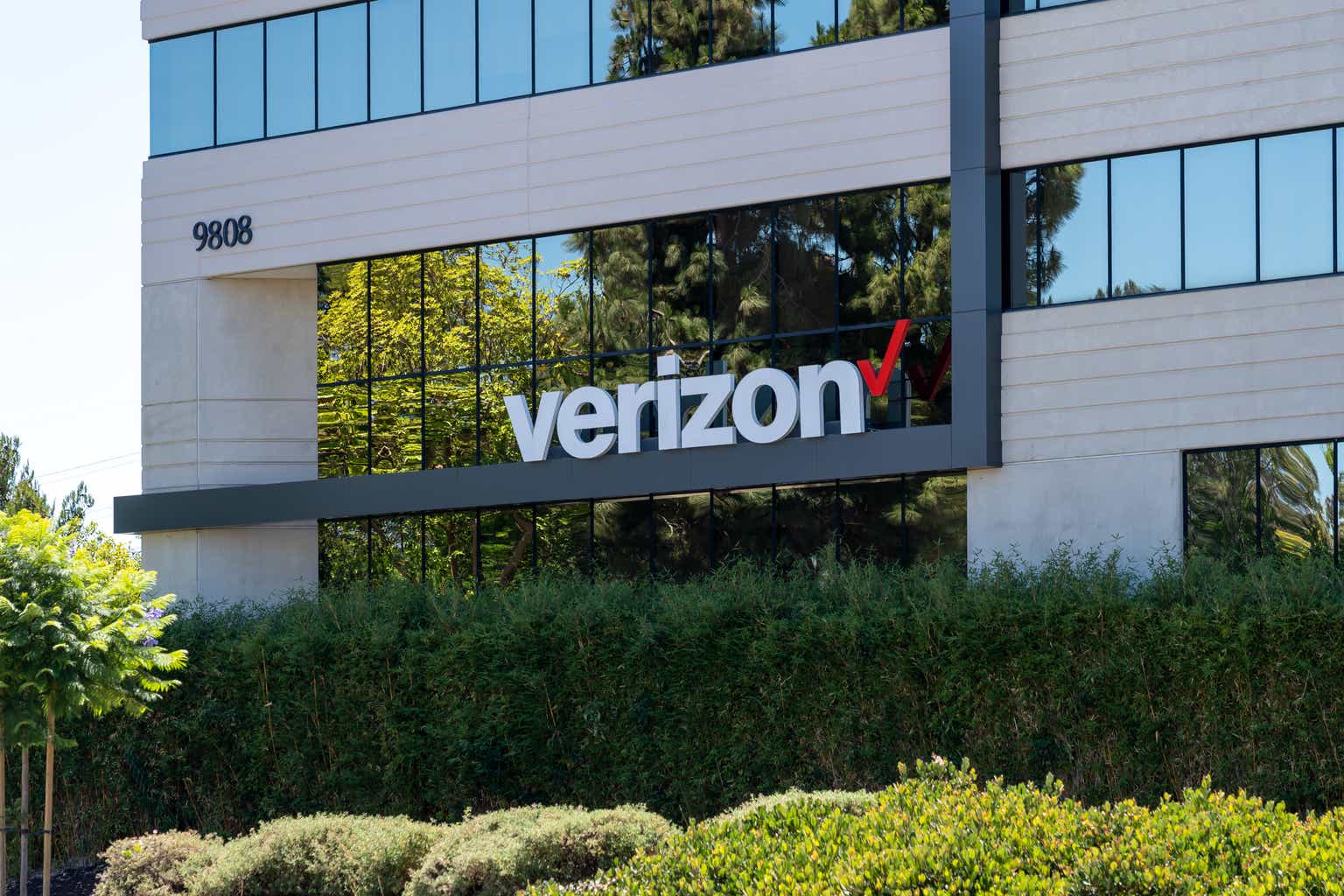LGBTQ+ social-media apps are seeing a spike in new users as Meta changes its content-moderation policies
Apps like Collective, Freddie, and Lex are experiencing an uptick in new users this month, amid Meta moderation changes and a TikTok ban.
Alessandro Biascioli/Getty Images
- LGBTQ+ apps are seeing a surge of interest after Meta's content moderation changes.
- Business Insider spoke with several founders building apps about the influx of users.
- The apps are focused on safety, privacy, and community amid tech industry shifts.
Between Meta's changes to its content-moderation policies and the TikTok ban, the past week has left many social-media users questioning where to go next.
For some LGTBQ+ users, that's resulted in a search for platforms specifically designed for their community that offer both connection and safety.
BI spoke with three founders building apps for the LGBTQ+ community who said they'd seen a spike in downloads and new users this month.
"We've just been trying to stop the product from combusting because we've been having so many people come in," said Callum Smith, founder of Collective, a queer community and dating app where users can share photos, songs, GIFs.
One user on Collective posted this week that they were "slowly looking for options to shift from Meta."
Meanwhile, Lex, a queer community and text-based app that was acquired by 9count in September, also noticed a spike beginning in the second week of January. Jennifer Lewis, Lex's CEO, said the app saw a 2x spike in downloads following Meta CEO Mark Zuckerberg's announcement that the company would alter its content-moderation and community standards.
Meta's changes included updating its Hateful Conduct policy, which now allows "allegations of mental illness or abnormality when based on gender or sexual orientation, given political and religious discourse about transgenderism and homosexuality and common non-serious usage of words like 'weird.'"
"This is the most anti-LGBTQ announcement that a social-media platform has made in recent memory," Josh Helfgott, an LGBTQ+ advocate and content creator, told BI last week.
Meta told BI that its content-moderation policies had been too far-reaching in years past, and its updates draw a line between offensive speech and potentially dangerous speech. The company also continues to prohibit attacks on protected characteristics, including dehumanizing speech, calls for harm, slurs, and more, as well as maintain its bullying and harassment policies.
In May 2024, GLAAD, a nonprofit advocacy organization for LGBTQ+ representation in media, published its fourth annual Social Media Safety Index report, which said that anti-LGBTQ "rhetoric and disinformation on social media translates to real-world offline harms."
"What I felt, time again, is that Big Tech doesn't really cater to us because they don't care about us," said Carmen Hernandez, founder of Freddie. The app describes itself as "for the sapphic and trans community to find friends, events, and lovers."
Designing apps with safety in mind
As LGBTQ+ apps welcome new users amid changes happening across tech, safety and privacy are top concerns.
Freddie, for example, is integrated with the encrypted messaging service Signal for security and data privacy.
"That need for safety is really what I think people are coming to Lex for," Lewis said. "What we've been doing since the acquisition by 9count has been building our backend moderation practices, trust and safety, user verification, bad actor banning."
On Collective, one safety measure (in addition to a zero policy for anti-LGBTQ+ rhetoric) is its new user review process, which can take up to 24 hours and looks at a user's digital footprint across the web.
"We are creating a safe space for queer people, which means we have bad actors who want to get in and do bad things," Smith said.
Meta apps are still a necessity for visibility
For these LGBTQ+ apps, Meta platforms like Instagram are likely to remain crucial tools for getting in front of new users, despite the content-moderation changes.
Boyan Golden, founder of Purr, a social app for queer women, nonbinary, and trans people that will launch later this year, said the moment is a double-edged sword.
On one side, Golden hopes Meta's changes show the need for more queer-led social-networking platforms. At the same time, Meta platforms are still the largest channels Purr has for spreading its brand.
"You could rely on more traditional advertising methods, but you'd have nowhere the same reach," Golden told BI.
Collective, Lex, and Freddie also each have Instagram pages that are used as a marketing tool to direct users to their apps.
"I'm personally deleting all my Meta accounts on Friday," Hernandez said, but the separate account for Freddie will keep posting. "We're going to keep it as a beacon."
What's Your Reaction?

































